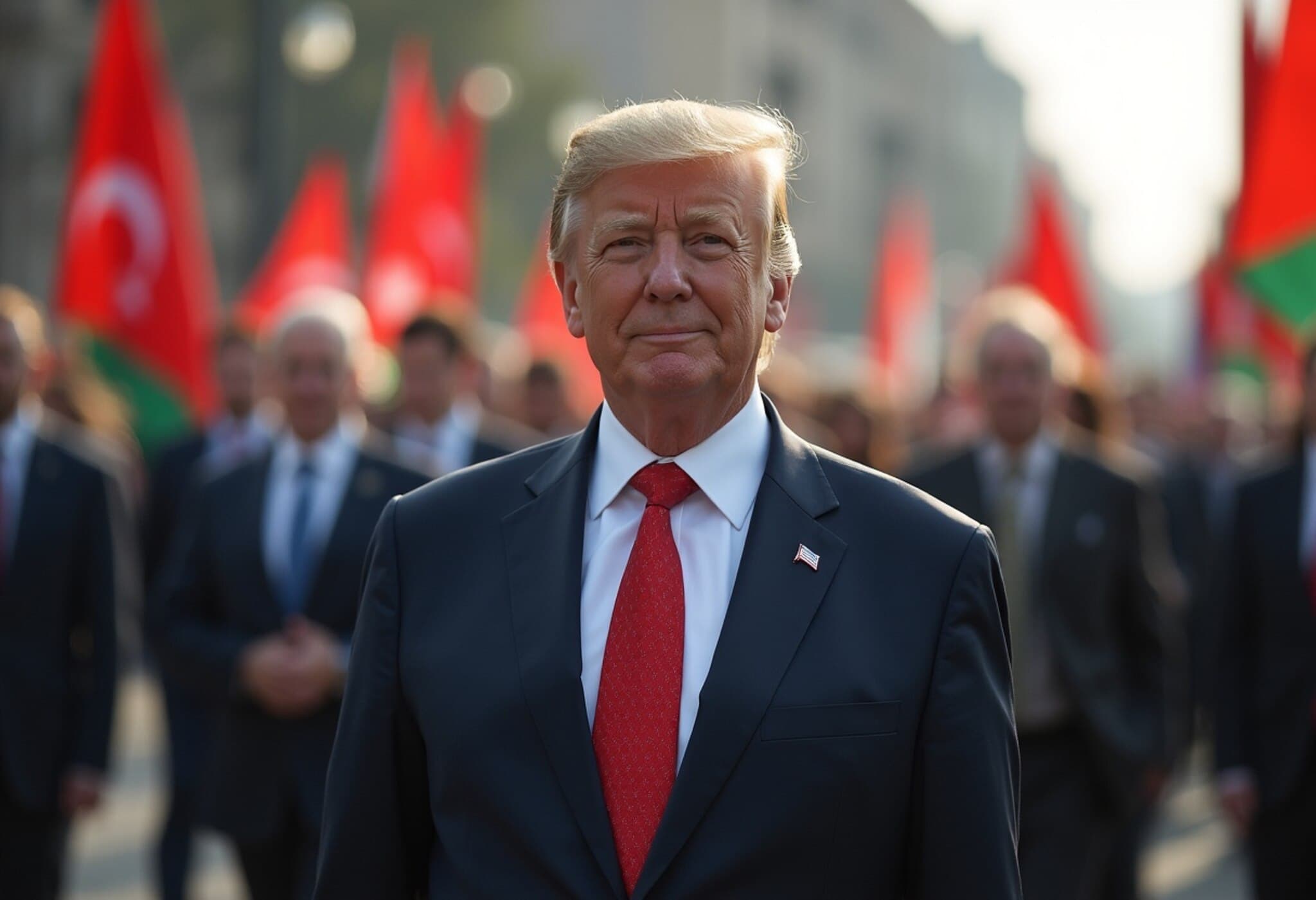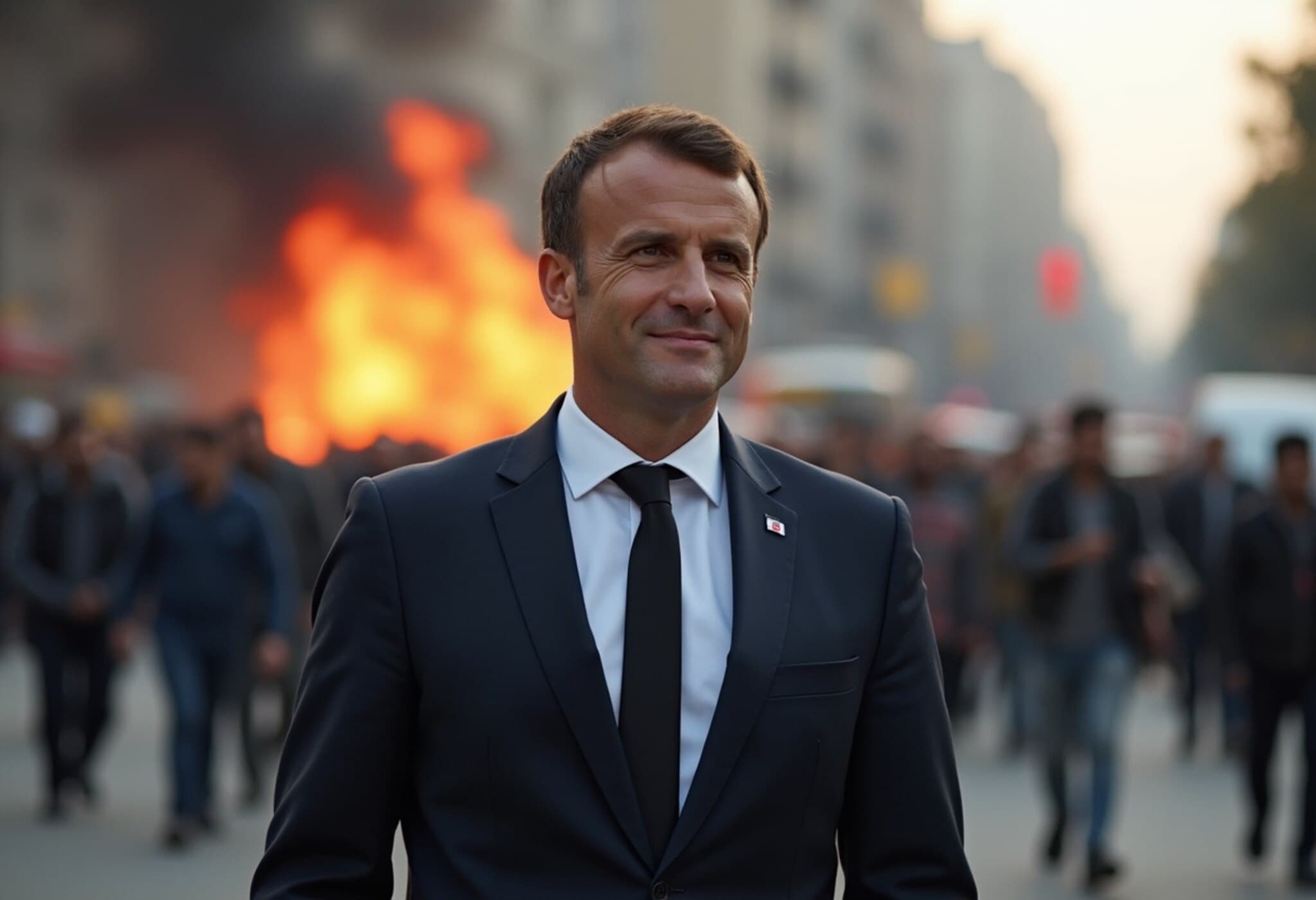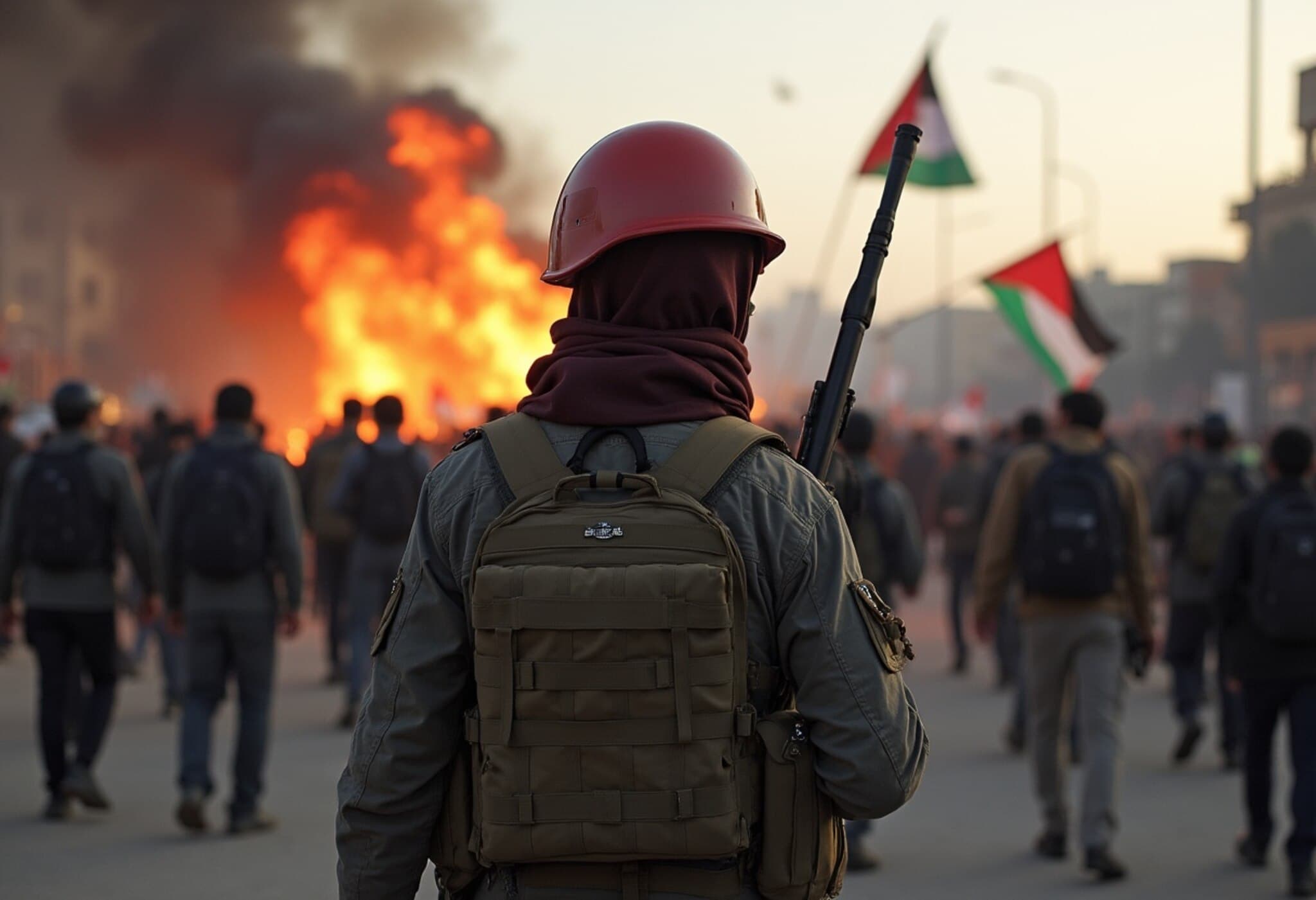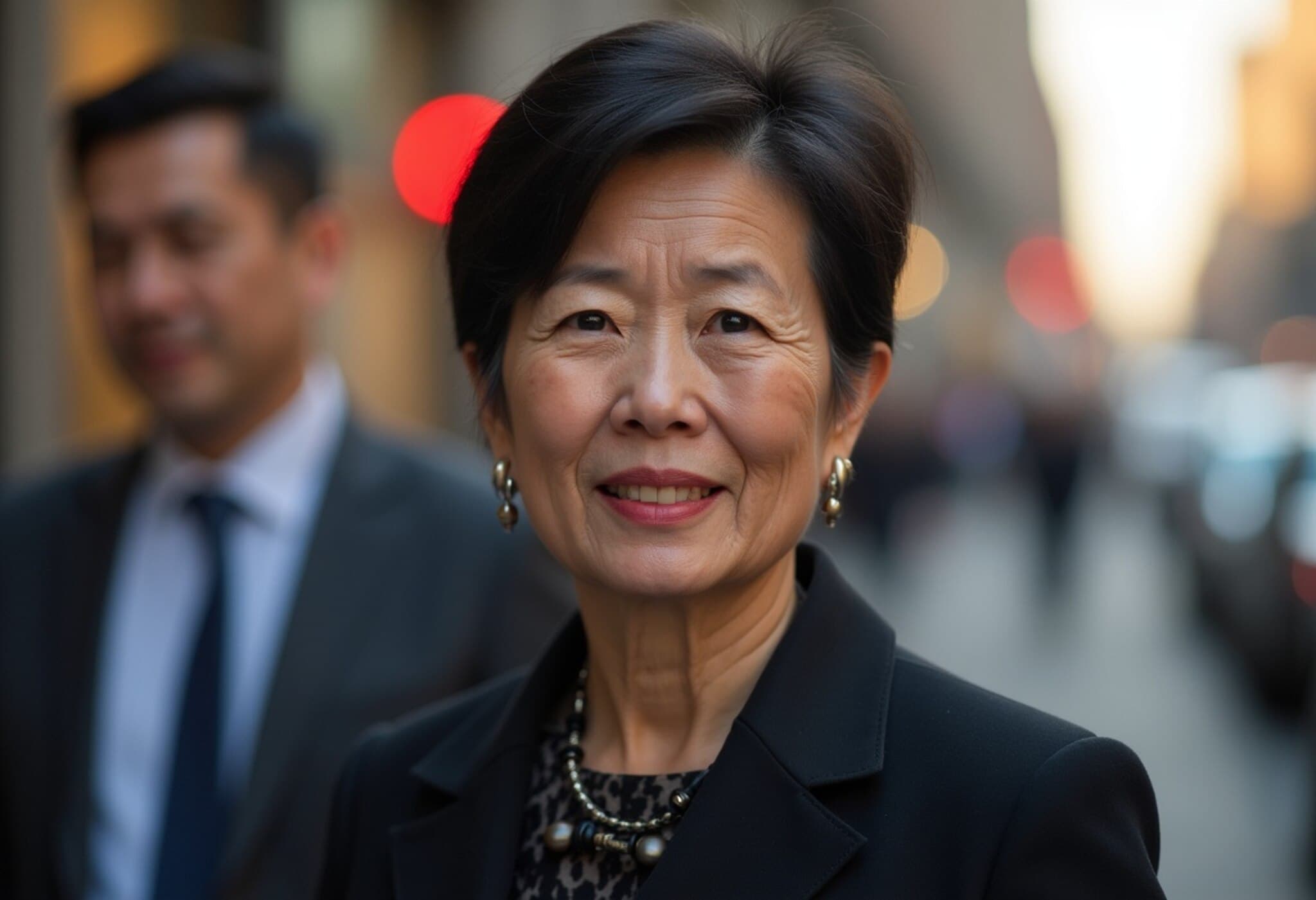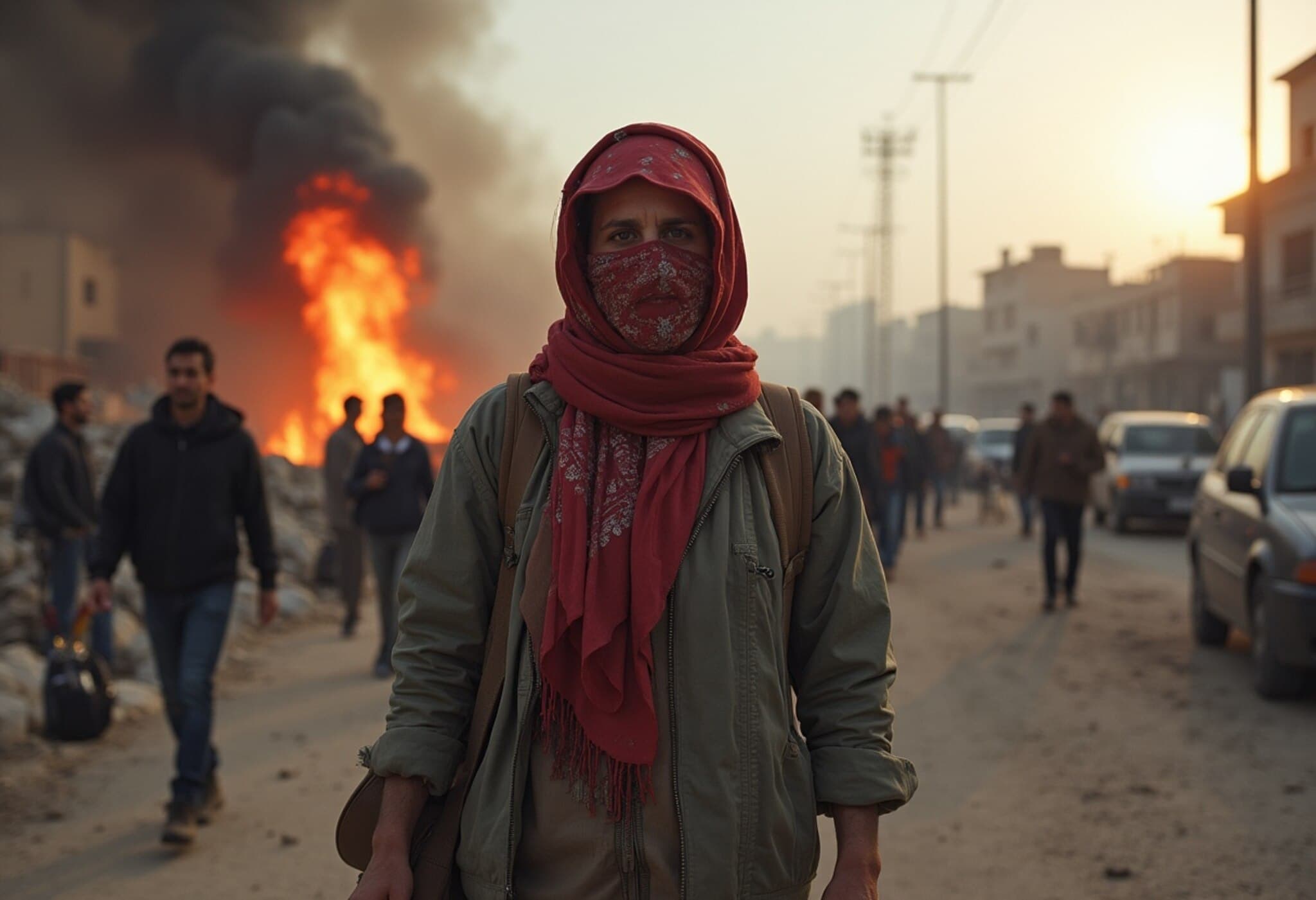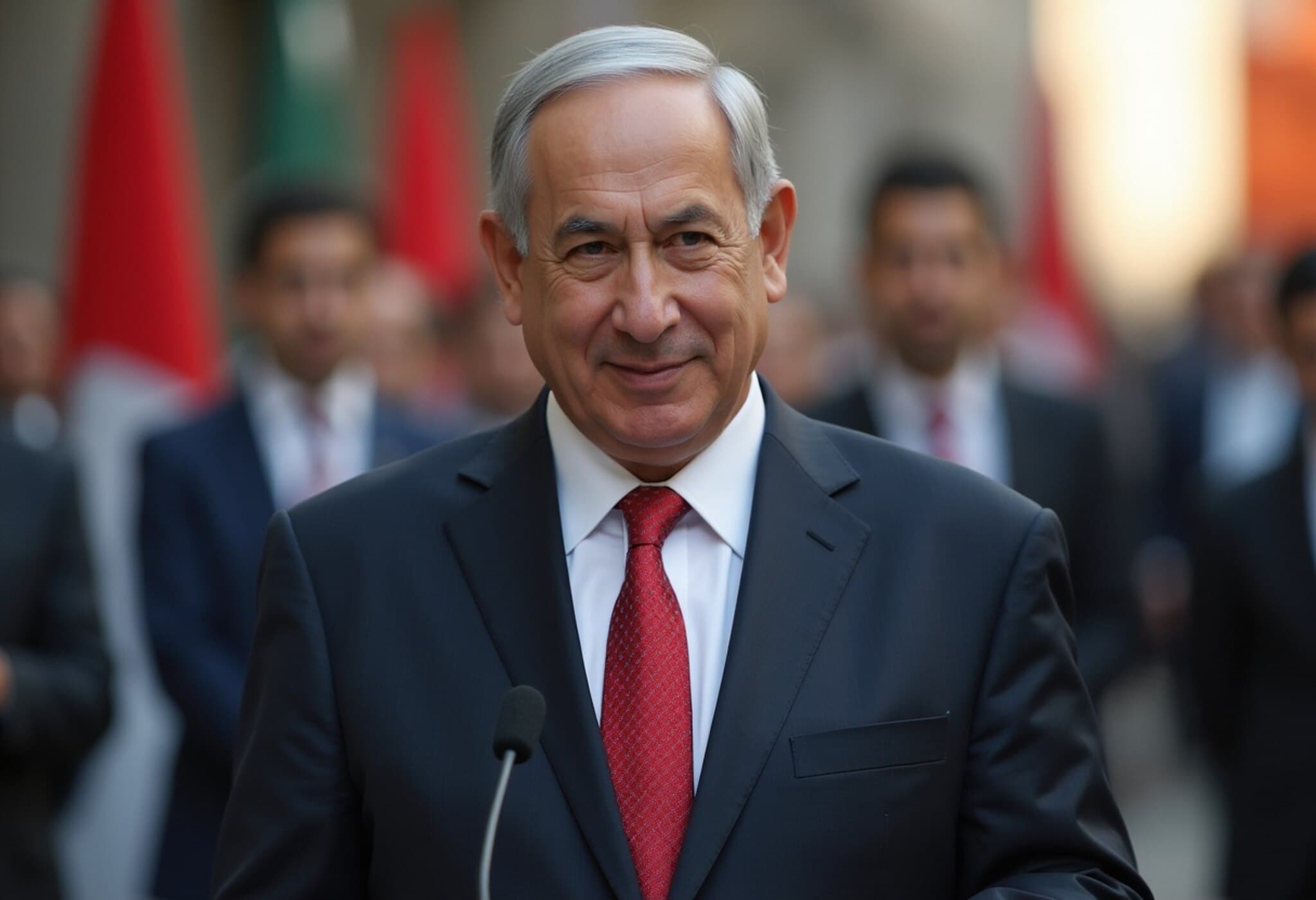Western Nations Rally for Palestinian State Recognition Amid Gaza Crisis
As the conflict in Gaza intensifies, a significant diplomatic shift is underway. On the heels of mounting violence and widespread international concern, a coalition of 15 countries has issued a collective call for global recognition of a Palestinian state. Spearheaded by France and the United Kingdom, this move signals growing momentum within Western powers to formally acknowledge Palestinian sovereignty, pressing for renewed efforts toward a two-state solution.
Historic Diplomatic Momentum From Paris to London
Just days after British Labour leader Keir Starmer announced plans for the UK to recognise the State of Palestine this September—conditional on Israel undertaking substantial de-escalation measures in Gaza—France and 14 other nations echoed the call in a united front. The collective appeal emerged from a high-level diplomatic conference held in New York, co-hosted by France and Saudi Arabia, aiming to revive the increasingly elusive goal of peace between Israelis and Palestinians.
French Foreign Minister Jean-Noël Barrot made the invitation clear on social media, emphasizing France’s commitment: "In New York, together with 14 other countries, France is issuing a collective appeal: we express our desire to recognise the State of Palestine and invite those who have not yet done so to join us." This is part of a broader strategy by President Emmanuel Macron, who announced last week that France would formally recognize Palestine this fall.
Signatories Signal Shifting Geopolitical Attitudes
The foreign ministers of Andorra, Australia, Canada, Finland, France, Iceland, Ireland, Luxembourg, Malta, New Zealand, Norway, Portugal, San Marino, Slovenia, and Spain signed the joint statement. Notably, several of these countries—including Australia, Canada, and New Zealand—have traditionally been cautious or non-committal regarding Palestine’s formal recognition, underscoring the intensifying urgency of the current moment.
By coordinating these announcements, Paris and London are positioning themselves as the first G7 nations to formally recognize Palestinian statehood, potentially setting a precedent for other key players in international diplomacy.
Two-State Solution at the Heart of Diplomatic Appeal
The 15-nation statement reiterated a shared “unwavering commitment to the vision of the two-state solution” as the foundation for lasting peace. This reaffirmation comes amidst growing global frustration with the stalled peace process and the devastating human suffering unfolding on the ground.
Moreover, the conference drew broader support from seventeen additional countries, alongside institutional actors like the European Union and the Arab League. These entities jointly called for Hamas to disarm and cede control over Gaza—an indispensable step in resolving the ongoing conflict and facilitating humanitarian aid and reconstruction.
Expert Insights: What This Means for U.S. and Global Policy
This emerging diplomatic momentum places significant pressure on the United States, Israel’s closest ally, which has historically opposed unilateral recognition of Palestine outside of negotiated settlements. The coordinated moves by France, the UK, and their partners could catalyze a broader reassessment of international stances on Middle Eastern peace efforts, particularly as calls grow louder for a ceasefire and sustainable resolution.
From a legal and policy standpoint, recognizing Palestine is both a symbolic and strategic signal affirming Palestinian rights and aspirations. It challenges the status quo and compels global powers to reevaluate mechanisms for conflict resolution in the region.
Why Recognition Matters Now
- Humanitarian urgency: The Gaza offensive has resulted in extensive civilian casualties and destabilization.
- Diplomatic leverage: Recognition could influence future negotiations and peace terms.
- International legal implications: Statehood recognition affects Palestine’s standing in international institutions.
- Regional stability: It may encourage other nations to engage constructively in peace-building.
What’s Next?
The coming months will be critical. Both France and the UK plan to move forward with their recognition, contingent on developments in Gaza. Observers will be watching closely to see whether Israel makes the “substantive steps” demanded by Britain, especially regarding cessation of hostilities.
Meanwhile, other nations are under increasing international scrutiny to clarify or revise their positions on Palestinian statehood. The global diplomatic landscape could shift dramatically, influencing everything from UN agendas to regional alliances.
Editor’s Note:
The collective push by these 15 countries marks an important evolution in the international approach to the Israel-Palestine conflict. While symbolic recognition alone cannot resolve decades of conflict, it injects renewed urgency and legitimacy into Palestinian aspirations on the world stage.
This development raises critical questions for policymakers and citizens alike: Will this diplomatic momentum translate into tangible peace? How will Israel and the US respond to this coordinated Western front? And crucially, can these international moves translate into meaningful protections and rights for Palestinians amid ongoing violence?
As events unfold, balanced, informed analysis will be essential to understanding both the immediate and long-term implications of these shifting dynamics.

